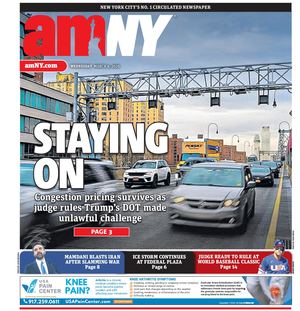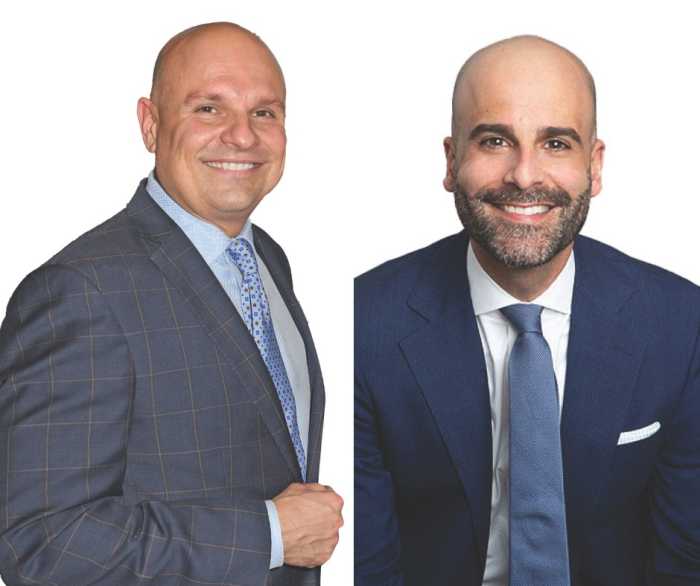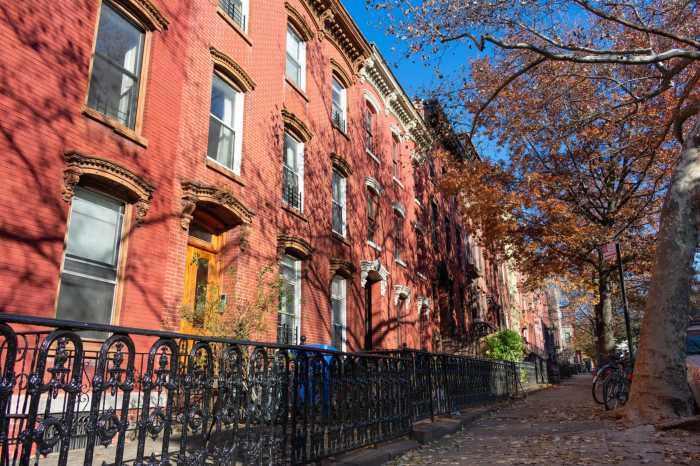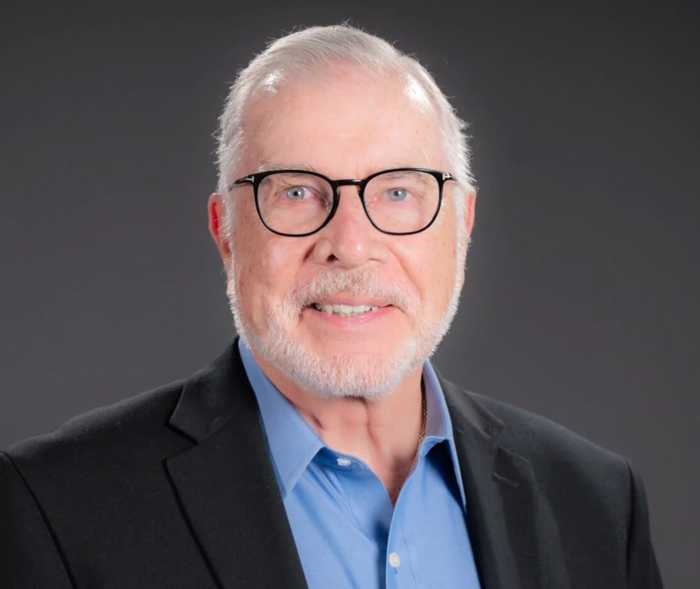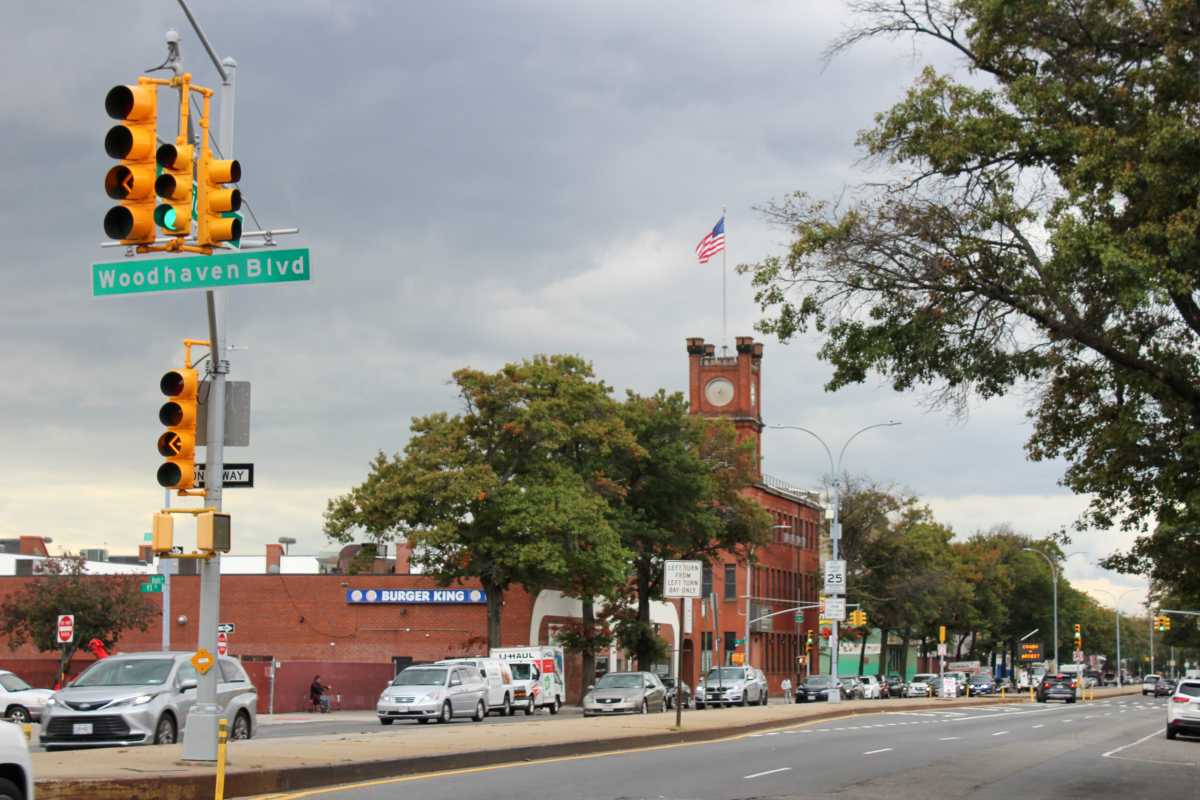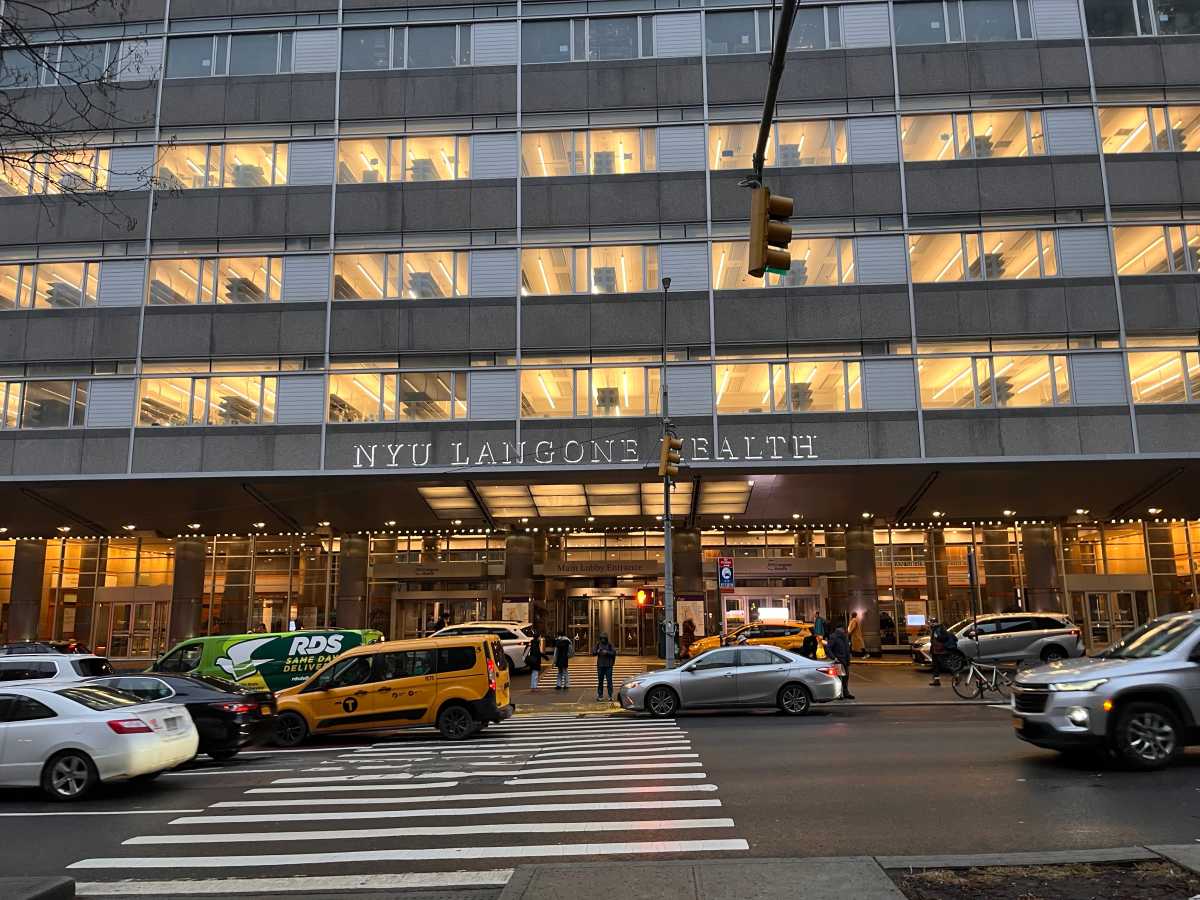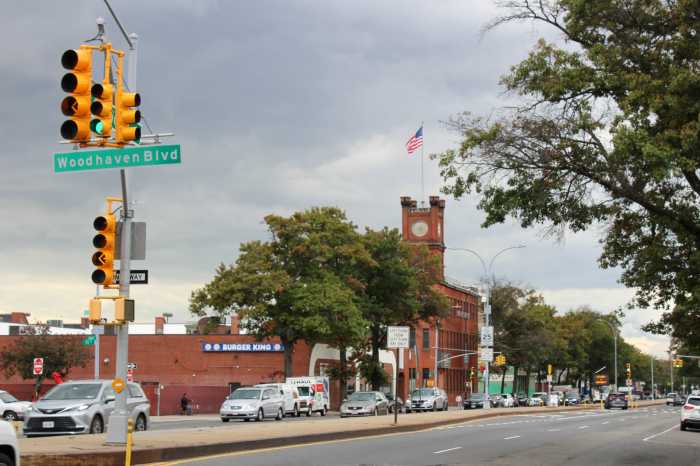Despite the federal convictions of the former leaders of the State Legislature, corruption fighting in government and in business is largely built upon a blizzard of lies.
The biggest lie is that toughening potential penalties, hiring additional investigators and undertaking more prosecutions would bring us a significant reduction in the scale of corruption. Those who champion that approach are diverting us from the vastly more promising route to cleaner institutions through structural changes. For the most part, they know that very well.
For example, consider the Surrogates Court in NYC. When a person dies without a will, a public administrator and a lawyer are appointed by the county surrogate to handle the estate. Conceptually, the administrator is a city commissioner paid by NYC, but the lawyer receives a fee based on the value of the estate. So, why is the administrator appointed by the surrogate and not by the mayor?
If the mayor made the appointment, the needed legal work would be performed by the salaried attorneys in the city corporation counsel’s office instead of being shunted to lawyers rewarded with financial slices of the estates.
The current process ensures that Surrogates Court, whatever other functions it may serve, will continue to be the piggy bank for political firms and connected lawyers.
For two examples, turn to the censure of Bronx County Surrogate Lee L. Holzman in 2012 and to the removal of Kings County Surrogate Michael H. Feinberg in 2005, each penalized for opening an estate money-spigot for a favored lawyer. Yet, efforts to reform the system have been thwarted.
In the larger picture, without structural reform and increased transparency, society will not prevent activity calculated to defraud. Strident speeches about getting tough on corruption essentially camouflage predatory behaviors, intentionally or otherwise.
For many years, governors, legislators and top judges have looked the other way. So, if all that results from criminal investigations is the hoopla of a few high-profile trials and sentencings, we will have been led down yet another primrose path.
William M. Erlbaum, a former state Supreme Court justice, is an adjunct professor at York College and Brooklyn Law School.
